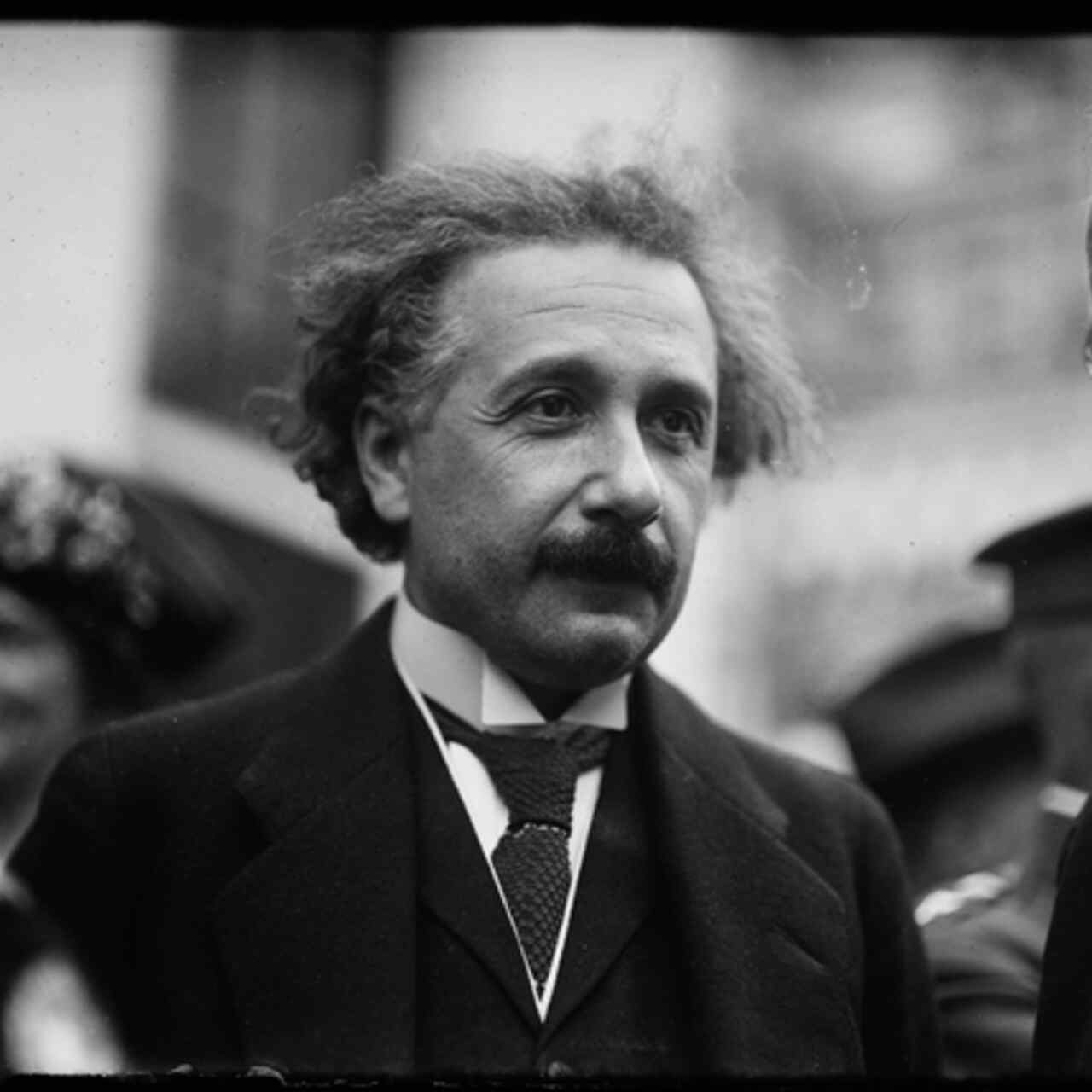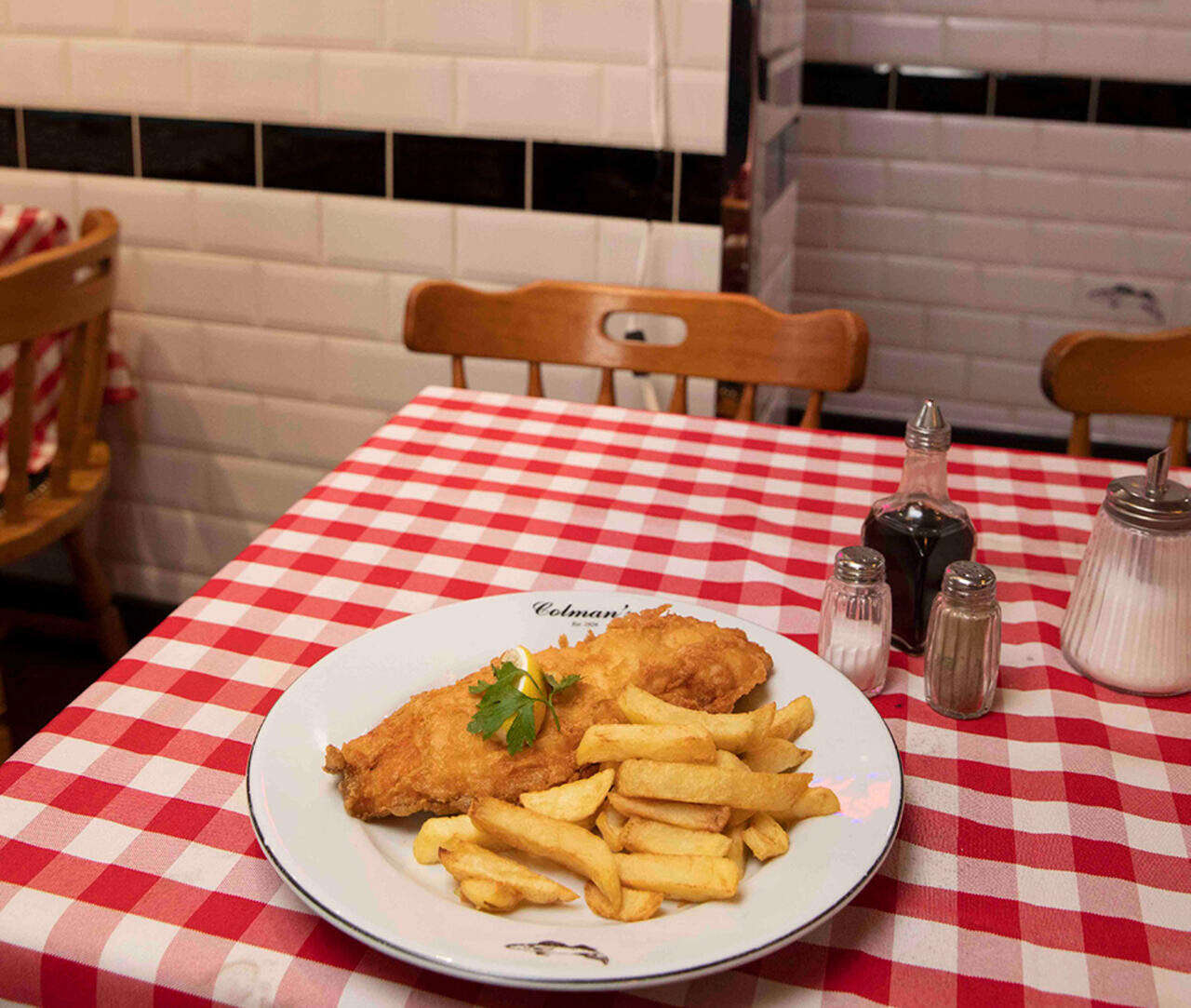
What are some of refugees’ greatest contributions? Test your knowledge.
Refugees bring to their new communities resilience, determination and other intangible gifts...and some ingenious inventions. Learn more about refugee contributions.

Refugees bring to their new communities resilience, determination and other intangible gifts...and some ingenious inventions. Learn more about refugee contributions.
When conflict or crisis forces them to flee their home, refugees can only carry so much.
But refugees bring so many intangible gifts to their new communities: hopes and dreams, experiences and talents, traditions and family stories, resilience and determination….and some ingenious inventions.
On this World Refugee Day, learn more about refugee contributions through the quiz below
Google co-founder Sergey Brin was born in 1973 in Moscow, Russia. He and his family fled to the United States in 1979 to escape anti-Jewish persecution in their country. Brin went on to study computer science at the University of Maryland and Stanford University, where he met Larry Page. Brin and Page joined forces in 1998 to found Google, now the world’s most popular search engine and a media giant that owns YouTube, one of the world’s biggest video hosting platforms.

David Tran is the founder and owner of Huy Fong Foods, the Irwindale, California-based company that makes Sriracha hot sauce. Tran arrived in the U.S. as a refugee from Vietnam in 1979 and started selling hot sauce from a blue Chevy van in LA. Sriracha is now the third-largest hot sauce brand in the U.S.
As the frontman of the rock band Queen, Freddie Mercury is known as one of the most innovative and accomplished musicians of all time. Freddie, born in Zanzibar, left for England in 1964 with his family to escape the violence of the Zanzibar Revolution.
Disney’s Oscar-winning animated film Encanto follows three generations of the Madrigals — including protagonist Mirabel — who were forced to flee their village to a safer space in Colombia (a country that today serves as a haven for people who have had to leave neighboring Venezuela). The family thrives in their new home and, with the help of some Disney magic, illustrates the unique contributions that refugees bring to their new communities.
Charise Castro Smith, one of Encanto’s three co-directors, told the magazine Backstage, “I’m Cuban-American. My grandparents on my mother’s side came over when they were in their early 30s from Cuba. I understand that a new start is both a boon and a challenge.” She continued, “Both opportunity and trauma influenced our family—me, my brother, and my cousins’ lives. I wanted to explore that in this movie.”

The Internet owes much of its existence to Nigerian refugee Philip Emeagwali, who created a formula that allowed a large number of computers to communicate at once. Born in 1954, Emeagwali had to drop out of school because his family couldn’t afford it, but he earned multiple degrees after immigrating to the United States. While completing his doctoral dissertation at the University of Michigan, Emeagwali realized that he could use thousands of microprocessors to do the job of eight expensive supercomputers, inventing a practical and cost-effective way for machines to share information across the world. Emeagwali earned more than 100 prizes for his discovery, and his technology has been used by the oil industry and Apple computers.

Fried fish was likely brought to the United Kingdom by Spanish and Portuguese refugees during the 16th century. French protestants known as Huguenots, fleeing religious persecution in the 17th century, might have brought their taste for fried potato with them to the UK. Joseph Malin, an Ashkenazi Jew, later combined the two—opening the UK’s first fish and chip shop, in London’s East End, around 1860. Although history tells us little about Malin’s early life, Ashkenazi Jews were heavily persecuted in Eastern Europe and Russia around this time.

Often referred to as the “Father of the video game”, Ralph Baer and his family settled in New York City as German Jewish refugees in 1938 when he was sixteen years old. Although he spent the majority of his career working within military defense contracting, he remained a passionate inventor of video games and toys. He is particularly known for creating the first video game console for television sets.

Physicist Albert Einstein published his theory of special relativity in 1905 and his theory of general relativity in 1915. Years later in 1933, he and his wife Elsa were forced to flee Nazi Germany for safety in the U.S. Einstein’s theories revolutionized physics and transformed the way we understand space and time. Scientists have used these theories to study black holes, supernovas, changes in orbit and electromagnetic radiation. Einstein was also a humanitarian, having inspired the founding of the organization that became the International Rescue Committee.

Johann Schweppe (1740-1821), whose company manufactured tonic water, found himself in Britain amidst the French turmoil. Schweppe’s major contribution was to apply experiments on carbonating water to develop a machine that could mass-produce it, and then to develop it into a marketable product. Without Schweppe, no gin-and-tonic.
Warsan Shire was featured in Beyonce’s acclaimed 2016 album, “Lemonade.” Known to many as “a compelling voice on black womanhood and the Africa diaspora," Shire started writing poetry as a teenager and was honored as London's first-ever Young Poet Laureate in 2014. One of her poems, “Home,” became a rallying cry for refugees and those who support them:
no one leaves home unless
home is the mouth of a shark
you only run for the border
when you see the whole city running as well.
Born in Mogadishu, Somalia as the youngest of seven siblings, Ilhan Omar now represents Minnesota’s 5th District in the U.S. Congress. Omar became a refugee at the age of 8 when Somalia’s civil war broke out and her family fled to Kenya. There, they spent four years in a refugee camp before being resettled in the U.S. in 1995. Representative Omar calls for greater support for and inclusion of refugees in American society. She says, “[Refugees] are humans who deserve opportunity and who — when given that opportunity — will live to our fullest potential.”

Jan Koum, one of the co-founders of the popular messaging app WhatsApp, was born in Ukraine. His family resettled as refugees in the United States when he was a teenager.. WhatsApp has become one of the most widely used messaging platforms globally.

Right now, more people have been forced to flee their homes than ever before, with a staggering 122 million individuals displaced worldwide. From the war in Ukraine to ongoing conflict in Syria, to climate shocks and economic turmoil in East Africa and Latin America—global instability is increasing. Learn more.